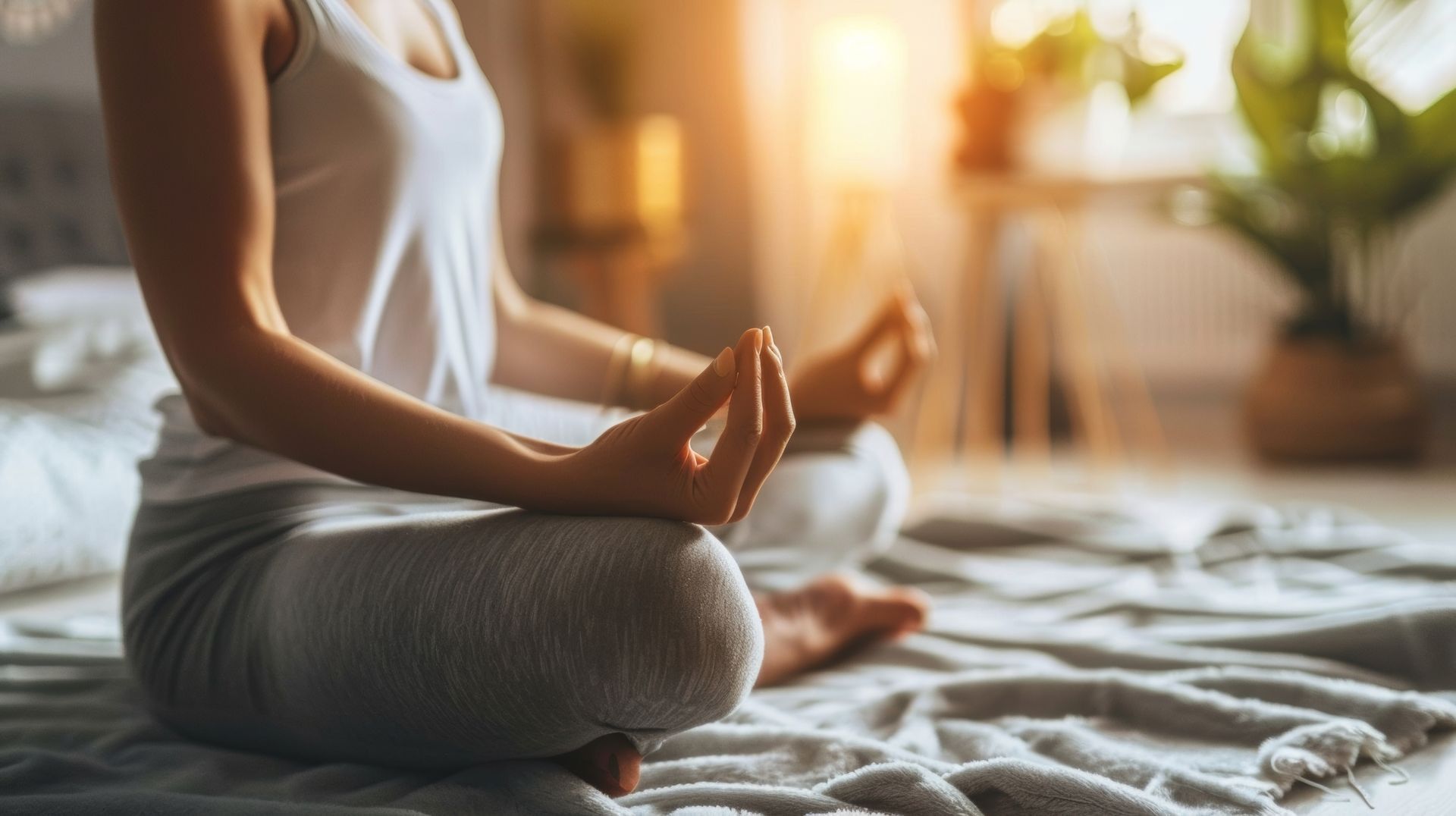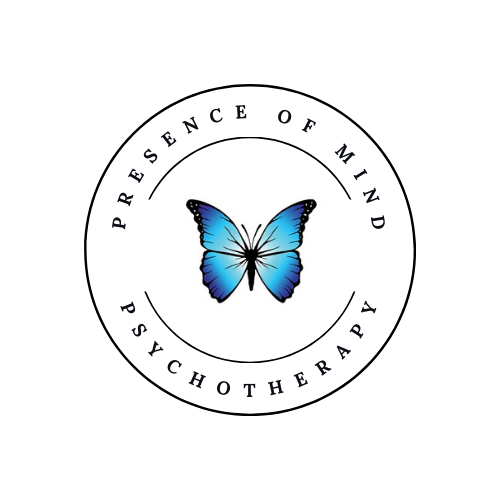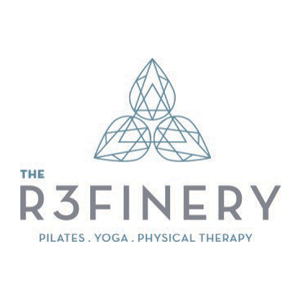Living with Intention
Have you ever had one of those days? If so, then my hope is to inspire you to rewrite the narrative. Despite the side of the proverbial bed you’ve awoken, you have the power to decide the fate of your day, and perhaps your destiny. Personally, there are mornings where I wake up rested and ready, others where I wake up sore and sluggish. My choices are to either accept my waking tone and allow it to inform the rest of my day, or to consciously set an intention. I believe that we can orchestrate a mood, outlook, and daily experience of our desire.
By being intentional about our thoughts, actions, and emotional state, we align with our highest self. Intention setting is a pillar in modern day yoga and practiced, with breath, to unify the mind, body, and soul. Yoga philosophy is rooted in Indian scripture and can be found in ancient texts such as the Bhagavadgita, the Upanishads and the Yoga-sutras of Patanjali. One of the ancient beliefs, that inform current practicing yogis, is the idea that our destiny is decided by our deepest desires. Teachers and students of the practice will often create an intention, to connect with the inner-self. In Sanskrit the inner-self, spirit, or soul is called the Ᾱtman. Finally, for the yogi who has one foot in the Himalayas and the other in the daily grind, setting an intention allows the practitioner to carry their practice beyond the mat.
While yoga offers a spiritual approach to understanding the power of the mind, psychology offers another. Let’s consider the self-fulfilling-prophecy, a belief that comes true because it is believed to be so. In other words, how an individual perceives oneself or another, effects the outcome of the situation. As such, if I wake up feeling irritable and believe that a terrible day lies ahead, I am likely to be received unpleasantly, thereby gathering evidence to support my irritability, and ultimately reinforce my terrible day and mood. Another example of self-fulfilling prophecy is that of the placebo-effect. This phenomenon is typically observed during new medication trials where one group is given the medication being tested and the other is given an inert substance (i.e. a sugar pill), yet both groups experience benefits of the medication being tested. These examples illustrate the power of intention.
Still there are other approaches, such as psychoenergetic science, that consider consciousness, intention, emotion, and spirit, to be significant variables in one’s interaction with the word. Psychoenergenic scientist, Dr. William Tiller, conducts research to illustrate the science behind intention. He uses quantum physics, information entanglement theory, and other factors to explain how an intention manifests into physical reactivity.
In my opinion, while thoughts have the power to shape our well-being, and perhaps inform our destiny, solely setting an intention is not enough. Intention plus action equals change. Learning to become intentional about our health and well-being is a skill requires practice and commitment. Upon my coming into consciousness, I chose to connect with my inner-self and that of my physical and emotional state. Some days I have time for a quick stretch and a broad intention such as “I am kind” or “I have patience”. Other days, when I am feeling particularly called to, or in need of practice, I engage in a lengthier tuning-in process to understand what internal conflicts are manifesting in my physical body, and from there may set an intention such as “I chose forgiveness” or “let go”. Fortunately, setting an intention can be done at any point or at several points throughout the day. It’s like a reset button. Simply pause, take a few deep breaths, and connect to your truest desire.
References
Burgin, T. (2020). History of Yoga. Yoga Basics [Blog]. Retrieved on July 31, 2020 from https://www.yogabasics.com/learn/history-of-yoga/
Donager, W. (September 11, 2018). Encyclopaedia Britannica. Bhagavadgita Hindu Scripture. Retrieved on July 30, 2020 from https://www.britannica.com/topic/Bhagavadgita
The Editors of Encyclopaedia Britannica. (February 2, 2015). Encyclopaedia Britannica. Patanjali. Retrieved on July 30, 2020 from https://www.britannica.com/topic/Yoga-sutras
Miller-Wilson, K. (1996-2020). Self Fulfilling-Prophecy Example and the Psychology Behind Them. Your Dictionary. Retrieved on July 31, 2020 from https://examples.yourdictionary.com/self-fulfilling-prophecy-examples-psychology.html
Rogers, K. (August 29, 2019). Encyclopaedia Britannica (2020). Placebo-effect. Retrieved on July 30, 2020 from https://www.britannica.com/science/placebo-effect
Tiller, W. (2019). Dr. Tiller’s White Papers. The Tiller Foundation. Retrieved on 7, 27, 2020 from https://www.tillerfoundation.org/white-papers-1
The post Living with Intention appeared first on Presence Of Mind Therapy.
Presence of Mind Therapy Blog

















Share On: